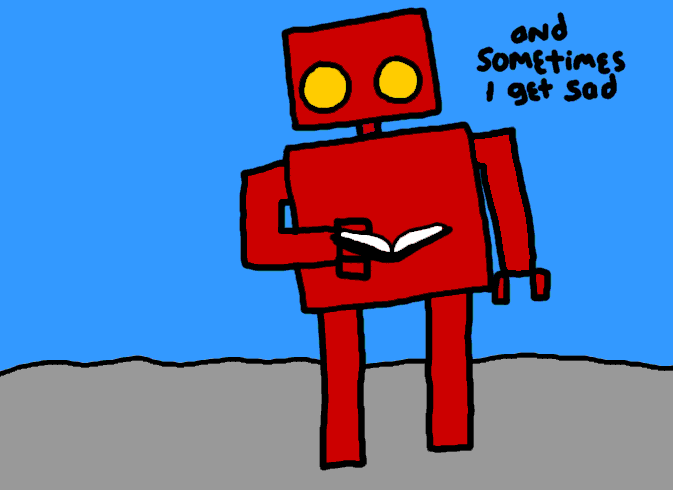Some of the central ideas:
- Theatre began as an entity for the people, all amassed together to chant, etc. in dithyrambic odes. When Thespis stepped out of the chorus, he aristocratized the institution of theatre by separating himself from the people.
- The tragic hero is a manipulation of the spectator. He represents nobility and higher social status. Through the elements of Aristotelian tragedy including hamartia (the one flaw that leads both to the tragic hero's prosperity and sudden downfall), anagnorisis (the recognition of this flaw), and the audience's experience of catharsis, the spectator is subversively forced into empathy with the hero, who oppresses them.
- Boal argues that theatre for the people must involve the people. It must be a democratic process by which all members of the audience help to determine the outcome.
- Catharsis must be eliminated as it purges us of the "impure." This purging keeps us from acting on the emotion we feel within the story.
- Theatre must not be the revolution itself, but the rehearsal for it. An audience who experiences revolutionary triumph during the performance will also experience catharsis, preventing them from revolting in reality.




No comments:
Post a Comment